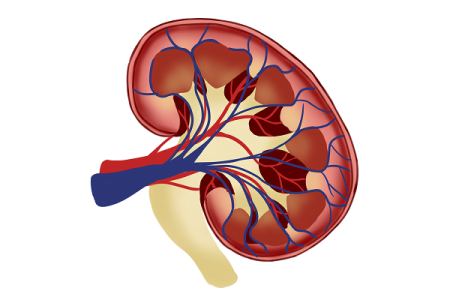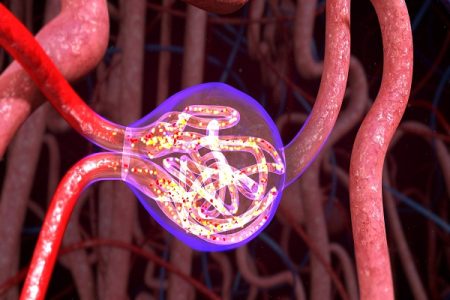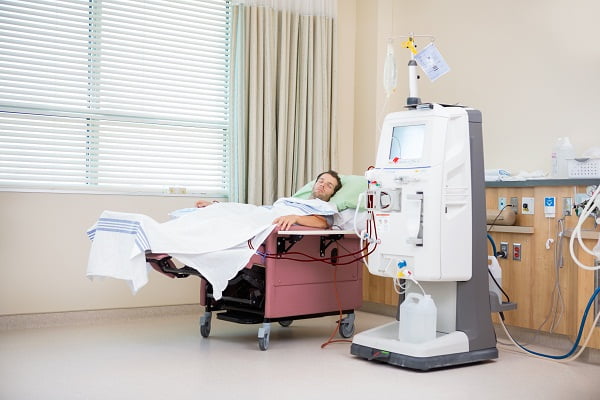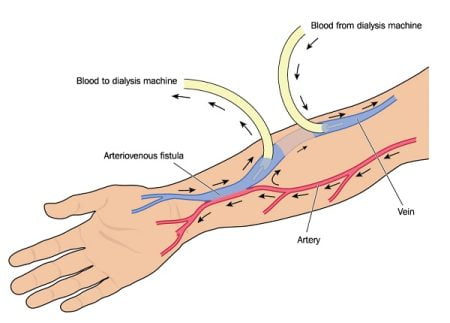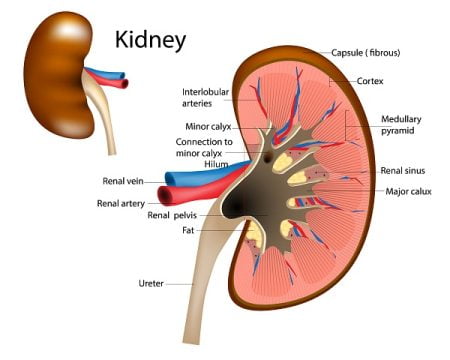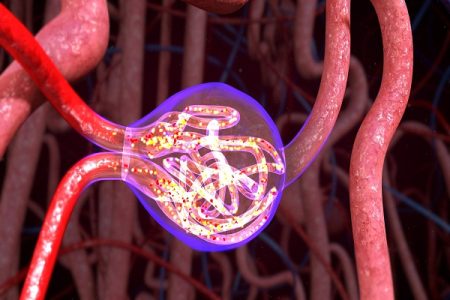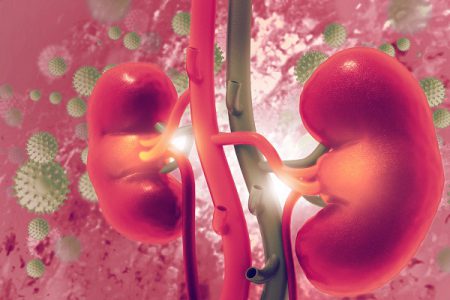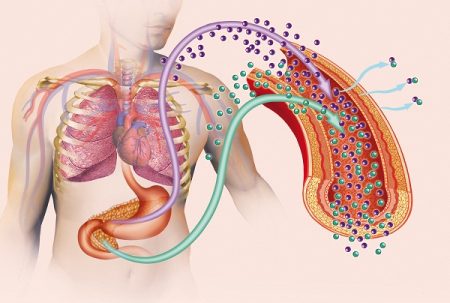Browsing: Chronic Kidney Disease
Comprehensive Information, Resources, and Support on Chronic Kidney Disease
Hemodialysis in Bangkok
Many people across the world live with debilitating health conditions. From blindness to deafness, to Down’s syndrome to muscular dystrophy,…
Glomerulonephritis is damage to the tiny filter’s interior of your kidneys (the glomeruli). It often results from your immune machine…
Diagnosis of the chronic kidney disease starts with understanding your personal and family history. Your doctor will ask questions to identify if any of the major risk factors might have led to the kidney disease. Do you have high blood pressure (hypertension) or had it in the past?
Dialysis often causes a variety of health problems. While dialysis can prolong the life for many people, but life expectancy is still lesser in such people than the general population. Dialysis is a treatment that is generally given in case of chronic kidney disease and kidney failure to purify the blood.
We do have two kidneys, each about the size of a fist. These are located on either side of the spine. The function of kidneys is to purify the blood by removing waste and excess fluid from the body. If the function of kidneys is disturbed, dialysis is used to perform their function.
What Are Kidneys?
Our kidneys are a pair of bean-shaped organs located on either sides of the body, below the ribs and behind the abdomen. Each kidney is about 4 to 5 inches long, about the size of a large fist. The kidneys’ work is to filter the blood. They remove wastes, keep the body’s fluid balance, and maintain the levels of electrolytes.
Signs and Symptoms of Chronic Kidney Disease (CKD)
Chronic Kidney Disease (CKD) is sometimes referred to as a
Chronic kidney disease, also known as chronic kidney failure, is the gradual loss of your kidney function. Your kidneys filter waste matter and excess fluids from the blood, which are then passed out in the urine. If you have chronic kidney disease, the levels of fluids, electrolytes and waste matters add up in your body.
Kidney diseases generally cannot be cured with medication. The objective of treatment is to address the fundamental cause for the sickness and prevent the condition from worsening. Patients with high blood pressure should regularly take blood pressure medications and strict to a healthy diet and exercise schedule.
What Are the Causes and Risk Factors for Chronic Kidney Disease?
High blood pressure can damage the blood vessels of your kidneys. Autoimmune diseases such as lupus have the potential to damage the blood vessels and can lead to the damage of kidneys. There are various other causes of CKD such as polycystic kidney disease, glomerulonephritis, streptococcal infection etc.





